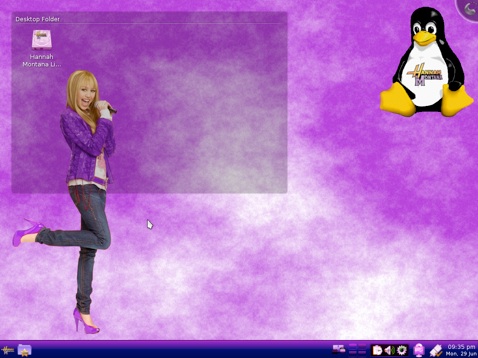CommanderFrank
Cat Can't Scratch It
- Joined
- May 9, 2000
- Messages
- 75,399
Richard Stallman is upset with Ubuntu and isn’t afraid to speak his mind on the subject. Stallman is the President of the Free Software Foundation and has a big problem with Canonical’s recent move to include its new network search feature, claiming it’s spyware.
“Ubuntu, a widely used and influential GNU/Linux distribution, has installed surveillance code. When the user searches her own local files for a string using the Ubuntu desktop, Ubuntu sends that string to one of Canonical’s servers”.
![[H]ard|Forum](/styles/hardforum/xenforo/logo_dark.png)

![QUOTE]That's where I got my info. Nothing contradicts that he is saying Canonical doesn't mine user's data, sarcasm that Canonical could aside.](http://sphotos-b.xx.fbcdn.net/hphotos-ash3/c48.0.403.403/p403x403/532070_305960582846448_1322352211_n.jpg[/i mg][/QUOTE]That's where I got my info. Nothing contradicts that he is saying Canonical doesn't mine user's data, sarcasm that Canonical could aside.)
